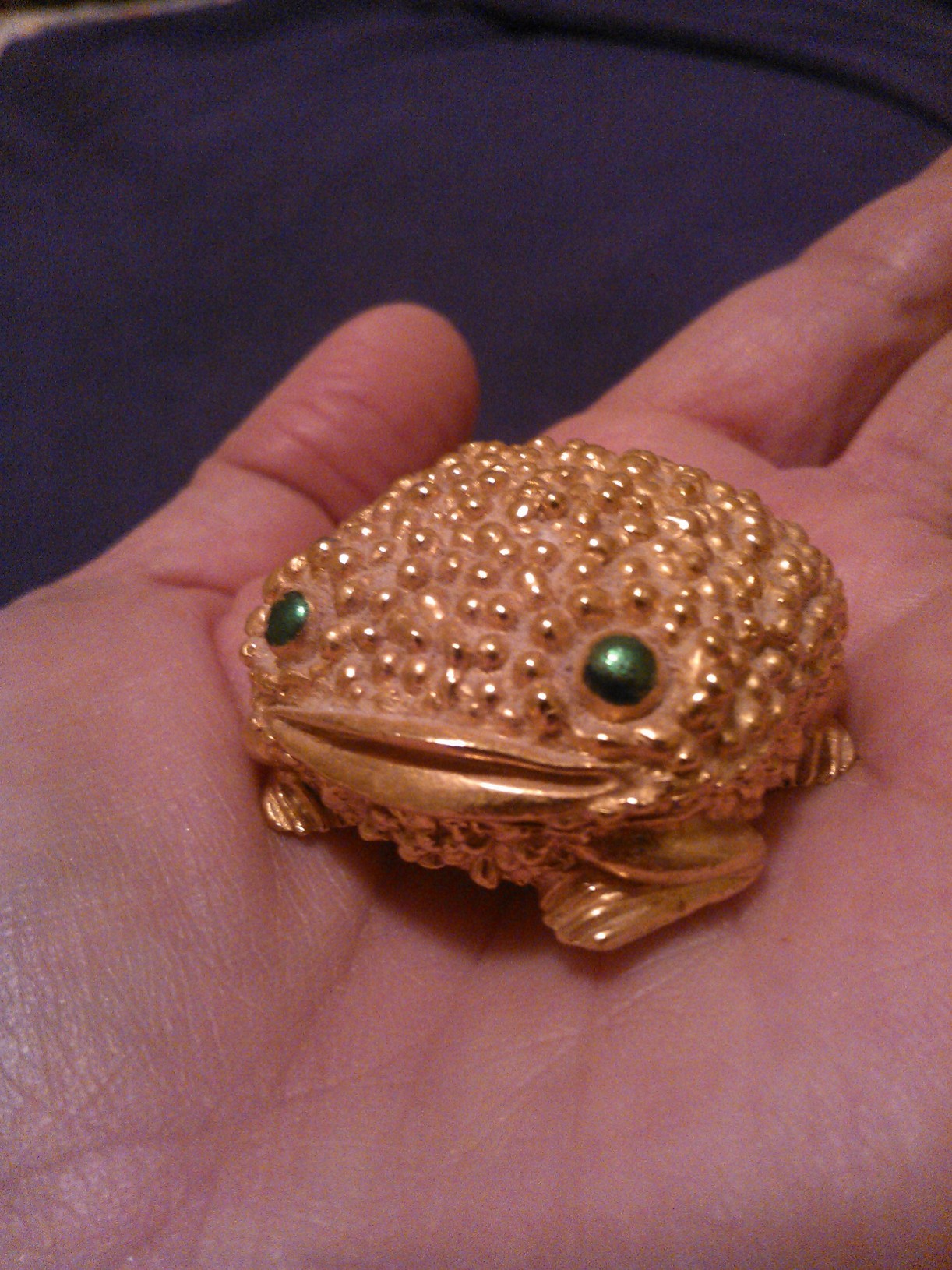Most professionals that work within the estate industry hear and see things that defy logic and make our hair stand straight on end. This story is one of them.
Imagine your sibling is very ill, in the process of passing away in hospice. Most of us would be doing all we can for our family, the children, the spouse, being present and offering support in any way to ease the pain they are going through. Most of us would also be spending those last precious moments together with the loved sibling. That is what family is for.
But some families think of other things that wouldn’t even enter into our minds. While the ill sibling is unresponsive in a coma, a sibling helps themselves to not only their jewelry and silver, but their credit cards taken straight from their purse. Worse, yet, they USED the credit cards throughout the last week of the sibling’s life and even after they had passed away. Does anyone out there have the right words to describe this, because I am so appalled, I cannot print what I would really like to say?
I believe it is unlawful to use someone else’s credit cards and certainly unlawful after their death, if you are not named on the account. Everything can be tracked these days. They always find the culprit right down to getting receipts, video recorded at the store, etc. So I ask a question that my mind is not capable of understanding: WHY would anyone do this when life is hanging by a thread and all they can think of is stuff? Unethical, YES. Unthinkable, YES. I cannot even wrap my head around it.
Shoes, purses, jewelry, and all the silver or gold in the world doesn’t mean a thing when a loved one dies. It doesn’t mean a thing when we die. They are just pretty things that we use for awhile. They take up space and take money out of our accounts. But seriously? On a deathbed?
What is becoming of our world? Are there people out there so devoid of compassion or kindness that they fill their void doing things that are unthinkable? I’ve seen cases like this in the past, but they happen more frequently and it is most disconcerting to witness.
Yet another reason to have a plan in place, tell those closest to you what you want, and back it up with legal documents. If there are those you don’t trust, let those that you do trust know this too.
Maybe the best investment we can make is a safe in our homes, offering the combination to only your executor or in sealed documents to be opened upon your passing. Gift items while you are still living. Have your power of attorney gather all personal possessions (such as your wallet) and secure them until such a time as legal affairs are sorted out.
I’m still shaking my head in disbelief!
©2016 The Estate Lady®
Julie Hall, The Estate Lady®, is the foremost national expert on personal property in estates, including liquidating, advising, and appraising. http://www.TheEstateLady.com She is also the Director of American Society of Estate Liquidators®, the national educational and resource organization for estate liquidation. http://www.aselonline.com.
No part of The Estate Lady® blogs, whole or partial, may be used without Julie Hall’s written consent. Email her at Julie@TheEstateLady.com



